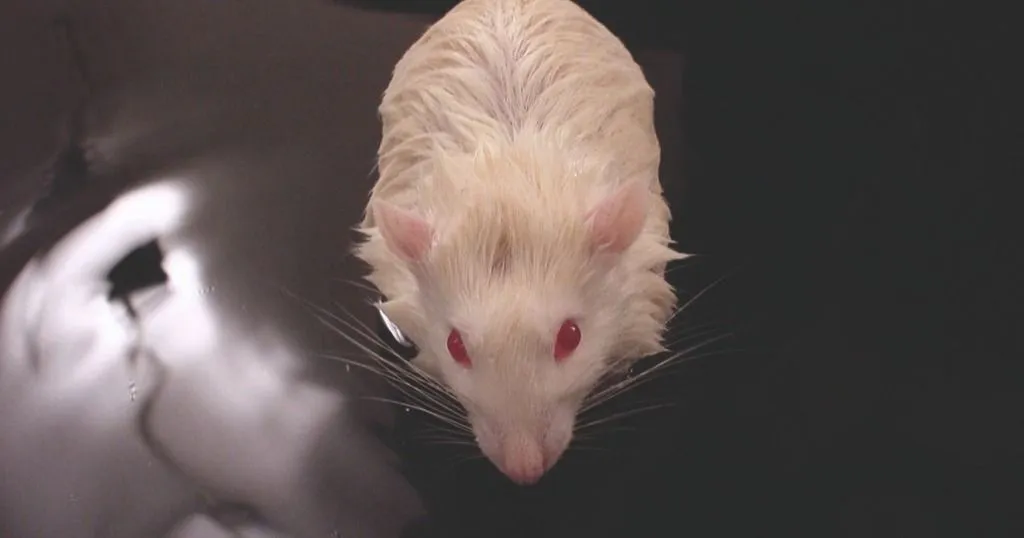Screening plants for resistance to insect pests
EntoLab is a computerized system for automated screening of plants for resistance to sucking insects. It can accurately screen many different plant lines in a high-throughput manner.
Posted by
Published on
Wed 19 May. 2021
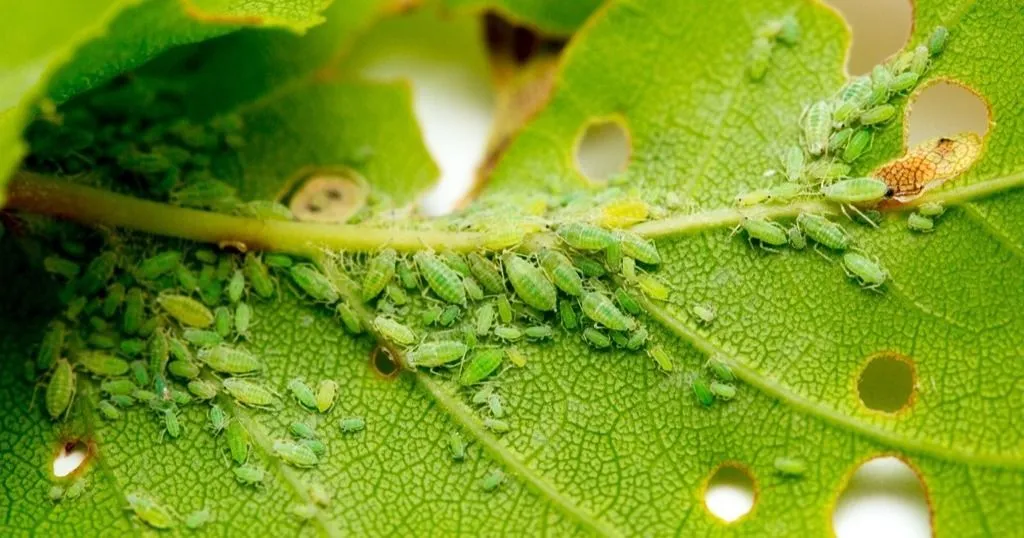
Sucking insects, such as thrips, aphids and whiteflies, can have devastating effects in agriculture and horticulture due to both direct damage and virus transmission. Traditionally, these insect pests are controlled by repeated spraying of insecticides. However, the recent bans on neonicotinoids (neuro-active insecticides) in Europe and the United States, and health concerns about pesticides in general, are creating urgent calls for alternatives.
The loss in yield from piercing, cell-feeding insects can be greatly reduced if crops are better equipped with natural defense mechanisms. For this reason, breeding for host-plant resistance to sucking insects has gained much interest in recent years. A crucial element in the breeding process is the accurate estimation of the resistance level of segregating plant populations (crosses or accessions) and to correlate this to the genetic information (SNPs or QTLs). This requires robust phenotyping systems that can accurately screen many different plant lines in a high-throughput manner.
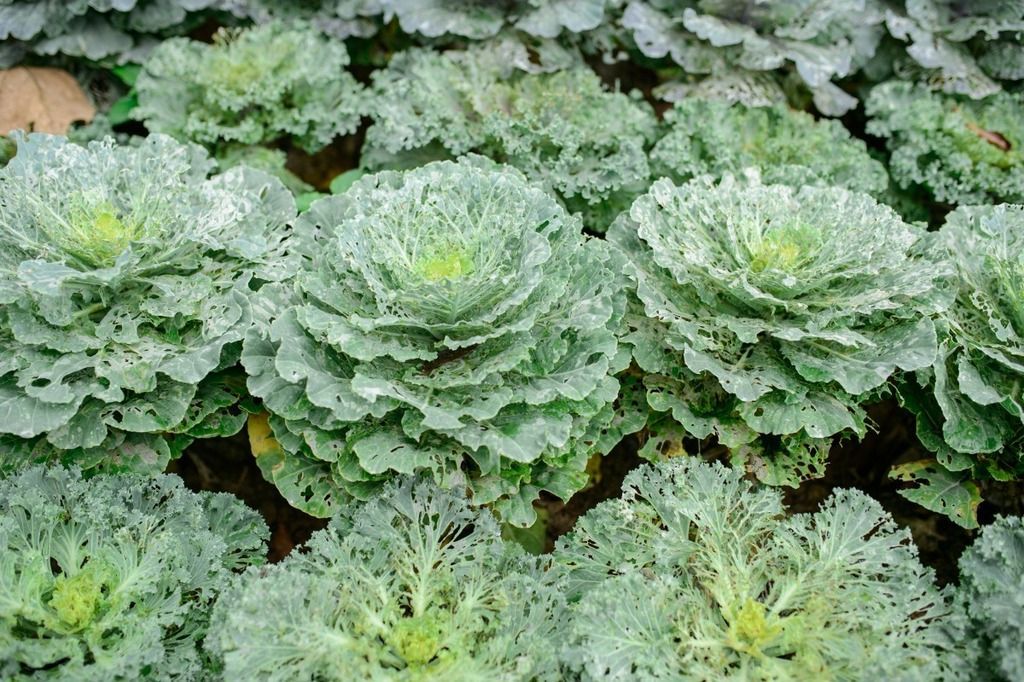
Complete and automated integrated solution for insect screening
Conventional plant phenotyping methods mainly focus on costly, labor-intensive and time-consuming end-point measurements of feeding damage or insect performance (reproduction and mortality). Visual rating systems that score feeding damage often do not allow precise quantification and are sensitive to subjectivity and inconsistency of the scoring process.
EntoLab is the long-awaited solution that overcomes the limitations of conventional screening methods. Developed by Noldus Information Technology in collaboration with Wageningen Plant Research and renowned plant breeding companies, EntoLab is a novel computerized system for automated screening of plants for resistance to sucking insects.
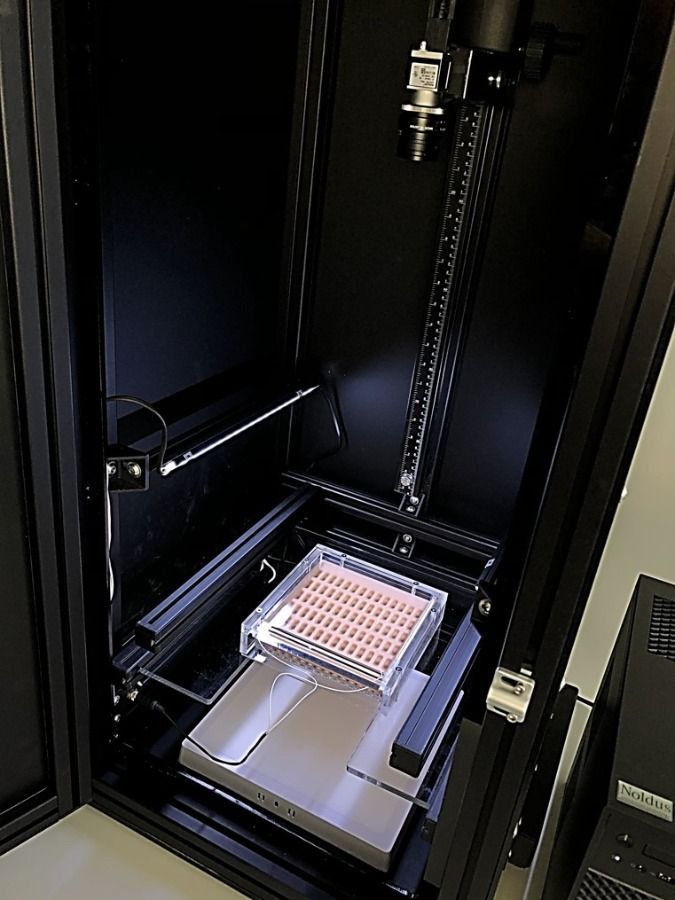
EntoLab has been validated in either choice or no-choice assays for different species of thrips, aphids and whitefly in various combinations on pepper, tomato, water melon, chrysanthemum, white cabbage, lily, lettuce, eggplant and bitter gourd. Evaluations are currently extended to field crops such as rice and maize and to caterpillars and plant hoppers. It has shown to deliver more accurate and more detailed insight in the behavior of herbivorous insects on different plant genotypes, with approx. 90% reduction in time and costs of screening!
Automated, high-throughput phenotyping of host-plant resistance to sucking or chewing insects will greatly aid research and the breeding process for insect-resistant crops. The unlocking of behavioral details that have often gone unnoticed will in the future lead to more insight into the environmental and genetic mechanisms that control it. Genetic improvement of commercial vegetables and ornamental crops will reduce the dependency on chemical pesticides, thus contributing to more sustainable crop production.
Case studies
Related Posts
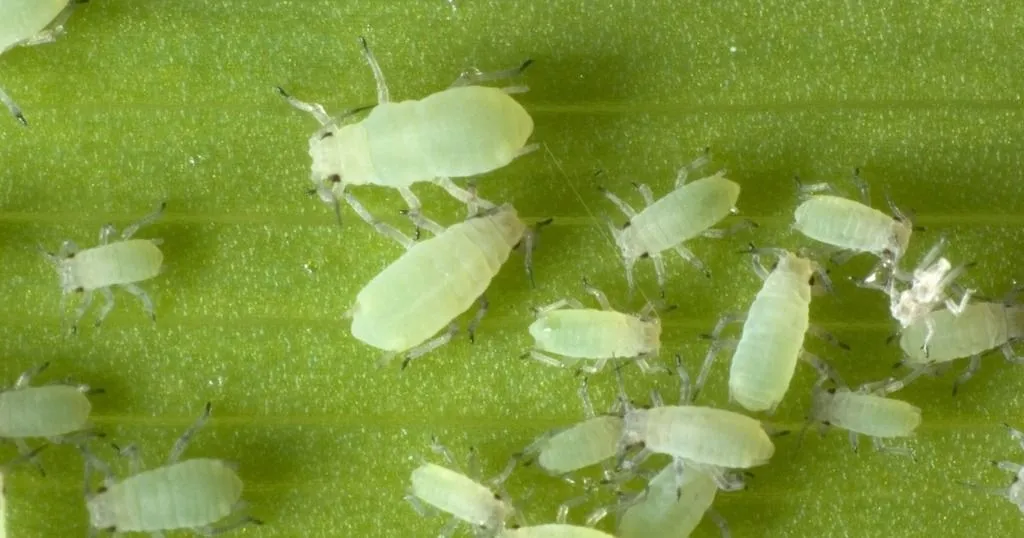
How you can efficiently screen for plant resistance to aphids
